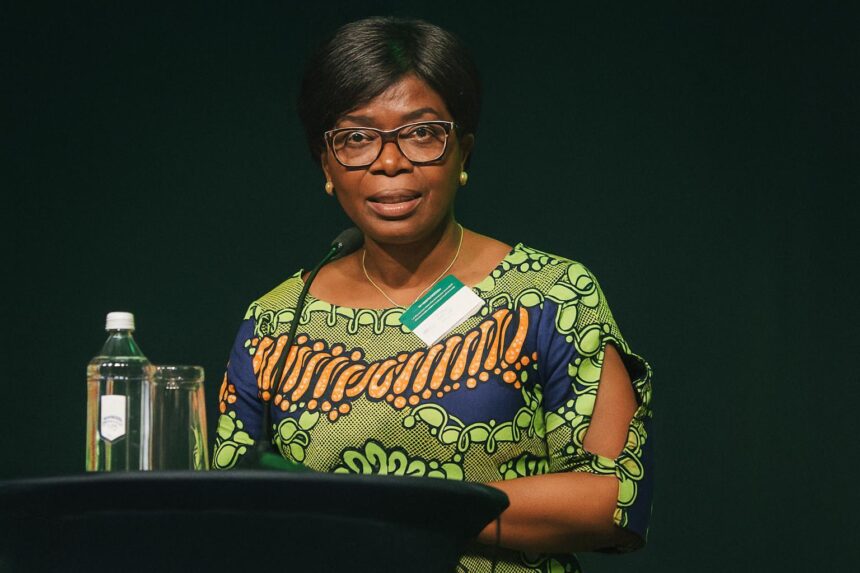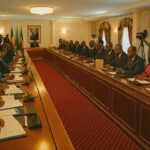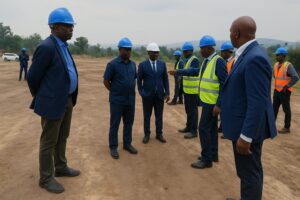Strategic Legislative Context
When President Denis Sassou Nguesso convened the latest Council of Ministers, the agenda left little doubt about the administration’s priorities: consolidating the 2023 Sustainable Environment Act with a robust implementing decree. The minister in charge, Arlette Soudan-Nonault, framed the text as a decisive step toward operationalising a statute that already placed Congo-Brazzaville among the handful of Central African states demanding mandatory environmental and social impact assessments for every major project. The new instrument supersedes its 2009 predecessor, reflecting lessons drawn from fourteen years of rapid urban expansion, hydrocarbon extraction, and forestry concessions. According to the Ministry of Environment (2024), more than eighty strategic investments assessed since 2019 exposed gaps in monitoring and public consultation that the earlier decree failed to anticipate.
Modernising Environmental Governance
The decree refines the taxonomy of studies, distinguishing full environmental impact assessments from lighter notices, and imposes binding timelines for each administrative milestone. It also codifies the accreditation of consulting firms, a clause welcomed by the Congolese Order of Engineers, which had long argued that inconsistent methodologies undermined data reliability. By specifying baseline sampling protocols, cumulative impact analysis and gender-sensitive consultation, Brazzaville aligns its procedures with the Performance Standards of the International Finance Corporation and the African Development Bank’s Integrated Safeguards System (African Development Bank, 2023). As Minister Soudan-Nonault observed, “Our ambition is not merely to clear bureaucratic hurdles but to create scientific traceability for every tonne of carbon and every litre of water affected by investment.”
Implementation and Oversight Challenges
Diplomats posted in Brazzaville note that regulation is only as credible as its enforcement capacity. The decree therefore vests the Directorate-General for Environmental Protection with expanded inspection powers, including the authority to suspend site works in flagrant cases of non-compliance. A new digital registry hosted at the National Centre for Environmental Documentation will publish non-confidential impact statements, a transparency measure consistent with the Escazú principles endorsed by several Latin American and African states. Yet capacity constraints persist: the World Bank’s latest Country Environmental Analysis (2023) estimates that the ministry has fewer than sixty specialised inspectors for an area larger than Germany. To mitigate this, the decree opens the door to delegated monitoring agreements with accredited universities, thereby tapping into the emerging network of environmental science faculties in Brazzaville and Pointe-Noire.
Regional and International Echoes
The sub-region is watching closely. In neighbouring Gabon, where a political transition has delayed the revision of its own environmental code, officials have informally sought copies of the Congolese text, seeing in it a template that balances investor predictability with ecological stringency. At the multilateral level, the United Nations Environment Programme (UNEP, 2024) hailed the decree as “evidence that climate diplomacy and domestic policy can converge even in hydrocarbon-producing economies.” European climate envoys likewise view the reform as an enabling condition for green-bond issuances, instruments Congo-Brazzaville has signalled it might explore to bankroll forest conservation in the vast Cuvette-Ouest landscape.
Prospects for Sustainable Diversification
Ultimately, the decree’s political relevance lies in its timing. As global oil demand plateaus, Brazzaville is courting investments in agribusiness corridors, special economic zones and renewable energy. Each venture, from the planned Maloukou solar farm to the expanded timber-processing hub in Ouesso, will now undergo a more rigorous vetting process. Government economists argue that heightened environmental due diligence will reduce future remediation costs and enhance the competitiveness of Congolese exports facing ever-stricter carbon border adjustments. For President Sassou Nguesso, whose administration has championed the Congo Basin Climate Commission, the reform also reinforces his narrative of stewardship over the world’s second-largest rainforest. “Growth and guardianship are not mutually exclusive,” he told foreign correspondents, echoing his remarks at the last COP summit.




















